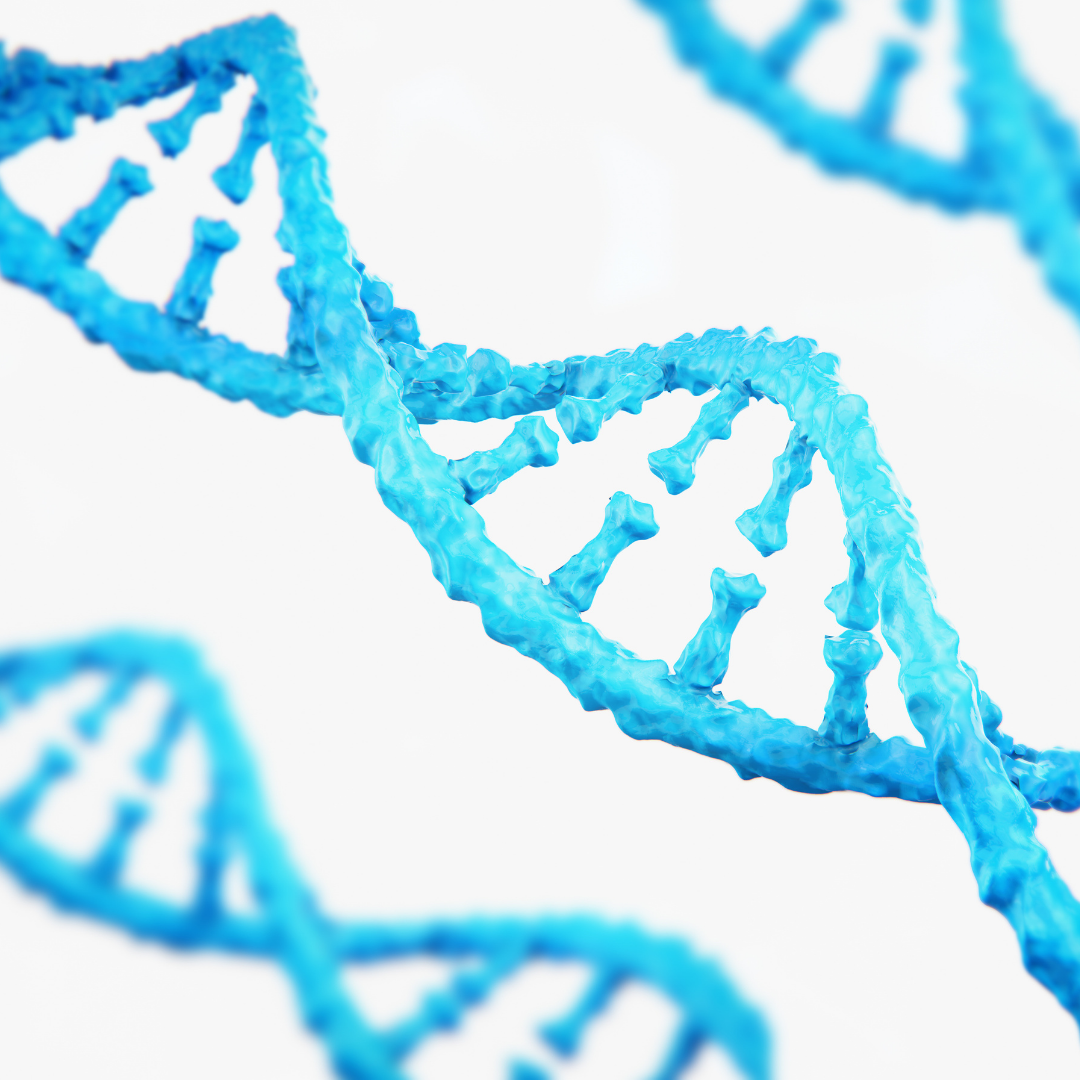The immune system is a central part of the human body. When autoimmune diseases develop, they can cause the immune system to begin attacking itself, taking a toll on individuals’ health. Numerous different autoimmune diseases exist, and currently, many have no cure.
However, a recent study examined commonalities between four of the most severe autoimmune diseases and changes that occur within the body. By developing a better understanding of where there are similarities, researchers may be able to apply what they already know about one disease to another. The four autoimmune diseases that were studied were type 1 diabetes (T1D), systemic lupus erythematosus (SLE), multiple sclerosis (MS), and rheumatoid arthritis (RA).
Researchers found that all of these diseases have common pattern disease risk, local inflammation, and up-regulation and down-regulation of gene expression. In addition, rather than only looking at how the immune system was affected, the researchers also studied the impact on target tissues. Their findings showed that in many instances, the immune system and these tissues engaged in a dialog that contributed to the effects of each disease and cell damage. There were a significant number of candidate genes that were expressed in target tissues as well.
There was a lot of overlap between up-regulated expression patterns, whereas down-regulated expression appeared to be more specific to the target tissue. Close attention was also paid to which pathways were affected for each disease. The researchers note that “The observed similarities in pathway activation between target tissues were translated into the identification of several classes of drugs that could be potentially used to treat more than one autoimmune disease.”
This could allow scientists to repurpose drugs that are well understood to treat one disease to be used to treat another disease. For instance, JAK inhibitors are approved for the treatment of RA, but they are also showing promising results for treating SLE, and they are known to “prevent the proinflammatory and proapoptotic effects of IFN-α on human pancreatic β cells,” which is a trademark of T1D. JAK inhibitors may also effectively treat insulitis, though current studies have been on nonobese diabetic mice.
The study found that one candidate gene in particular – TYK2 – was present in all four autoimmune diseases when it comes to gene expression. There is currently a phase 3 clinical trial underway for a TYK inhibitor to treat psoriasis, another autoimmune disease. TYK inhibitors demonstrate a protective factor over human β cells, so the clinical trial may provide valuable information related to future treatment of T1D as well.
The Diabetes Research Connection (DRC) is excited to see how this study may impact future research and the potential repurposing of existing drugs to treat other autoimmune diseases, including type 1 diabetes. Advancing research and understanding of T1D is integral to one day finding a cure. To support these efforts, the DRC provides critical funding to early-career scientists pursuing novel research related to T1D. Learn more about current projects and how to help by visiting http://localhost/drc.
Please DONATE NOW so DRC can keep bringing you credible, peer-reviewed T1D news and research.
Thank you




